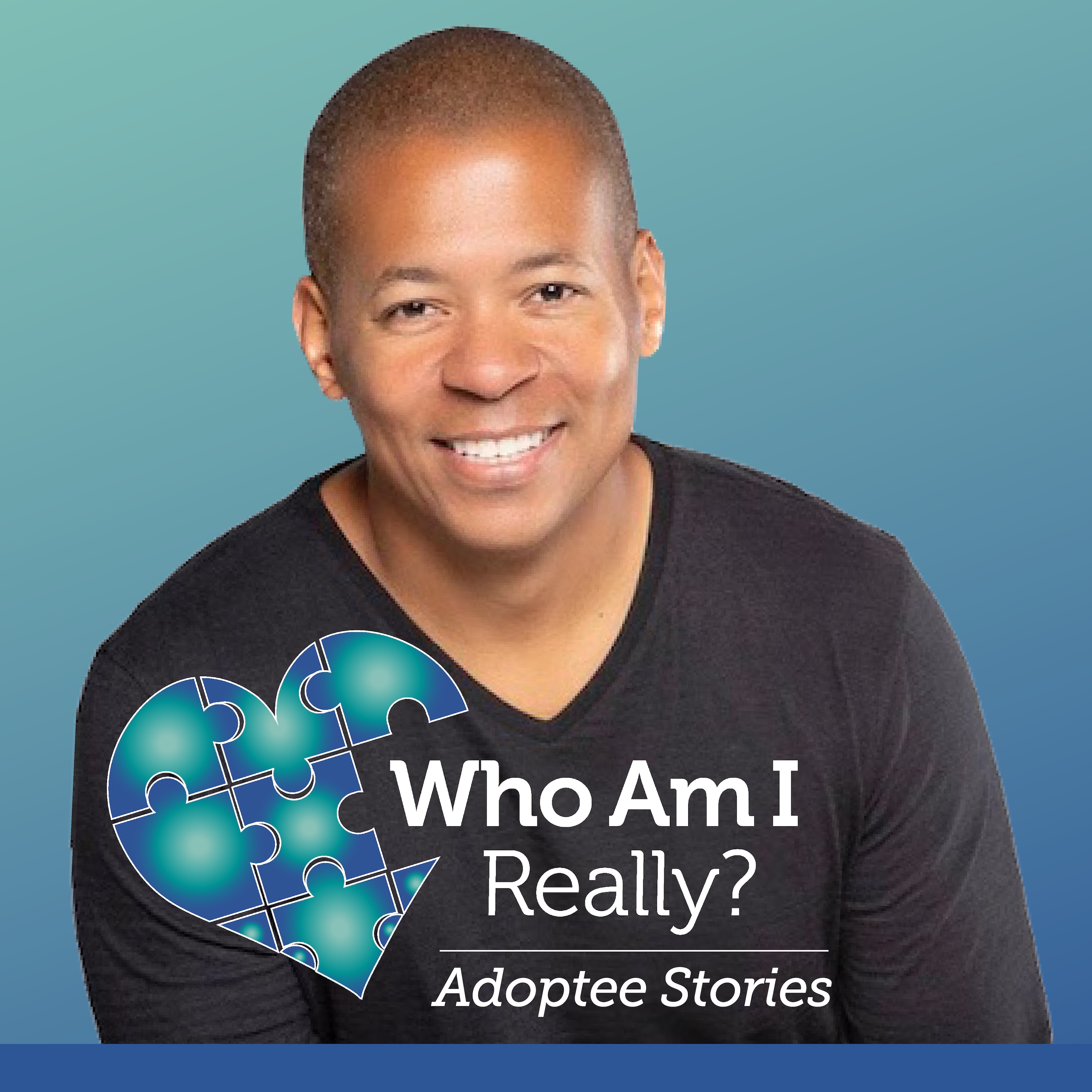 |
The WheelhouseWhere Each Student is Distinctive and Irreplaceable Author: Dr. Grant Chandler
The Wheelhouse exists to create an inclusive community of empowered educators who believe that, together, we can disrupt the transactional herding nature of schooling to create districts, schools, and classrooms where each student feels confident, optimistic, capable, well-supported, and emboldened to be and to become who they are meant to be. Guiding Principles 1. We are steadfastly committed to each learner and each educator believing they are distinctive and irreplaceable. 2. We believe that educating our children should be a humanizing, relational, and transformational endeavor. All else is secondary. 3. We believe that dignity is a birthright; it is not earned. Each child deserves a future filled with open doors and unlimited possibilities. Our work is in service to this central aspiration. 4. We believe that each human life is unique and precious; as such we are compelled to remove aspects of schooling that disregard any students dignity. Language: en Genres: Courses, Education, Self-Improvement Contact email: Get it Feed URL: Get it iTunes ID: Get it |
Listen Now...
Charting a Human-Centered Future for Education
Episode 1110
Tuesday, 30 December, 2025
The Season 11 Finale of The Wheelhouse delves into the imperative of a radical humanization of educational institutions, asserting that the future of education hinges upon creating environments that cultivate hope, foster innovation, and prioritize the humanity of every individual within the educational ecosystem. As we reflect on the season's discussions, we engage with esteemed guests Chiara Latimer, Neal Currie, and Jim Van Nada, who provide insights into the pressing need for education to evolve in response to the realities faced by contemporary students. This episode serves not merely as a recap but as a profound reckoning, challenging us to confront the successes and failures of our current educational practices and to envision a future where every student feels valued and empowered. We emphasize the importance of listening to students and adapting our approaches to meet their needs, thereby ensuring that our educational spaces are not only inclusive but also reflective of the diverse identities of our learners. As we conclude this season, we invite our listeners to consider the kind of adults our students require us to be in this ever-evolving landscape of education.Additional NotesThe Season 11 Finale of The Wheelhouse podcast commences with a profound reflection on the truths uncovered during the season regarding the future of education. In this pivotal episode, the dialogue centers around the urgent need for schools to embrace a radical humanization, where hope is nurtured, opportunities are presented, and innovation is utilized for the betterment of humanity. The esteemed guests, Chiara Latimer, Neal Curry, and Jim Van Nada, contribute their insights on how educational environments can evolve to become more inclusive and supportive of all students, particularly those who feel marginalized. Through a series of engaging discussions, the panel highlights the significance of fostering relationships, respect, and relevance in the learning process, ultimately advocating for a shift away from transactional educational models towards a more empathetic and human-centered approach.Takeaways: The future of education necessitates a profound humanization of schools, fostering environments where hope flourishes and innovation is employed to serve humanity. Students today possess a heightened awareness of their rights and will not tolerate disrespect or disregard from educational institutions, demanding a sense of agency and belonging. The conversation emphasizes that true educational progress is rooted in understanding what students value, thereby requiring educators to engage deeply with their learners' perspectives. Efforts to create human-centered educational spaces must prioritize empathy and relationships, not merely academic performance, to cultivate trust and engagement among students. Representation within educational institutions is crucial; it enables students to see themselves reflected in their educators, which is essential for creating inclusive environments. The call to action for educators is to start with small, impactful changes that enhance student well-being and foster meaningful connections in the learning environment. Find out more about The Fundisha Center and Teach Brother Teach.Join The Wheelhouse Company!If you’re a like-minded educator who believes the future of learning must stay human-centered, we’d love for you to stay connected.Follow Students Matter, LLC on Instagram or LinkedIn — or find any of us there: Kathy Mohney, Michael Pipa, Dr. Alicia Monroe, and me, Dr. Grant Chandler.Until Next Time Remember: Keep your doors open and your hearts even wider.












